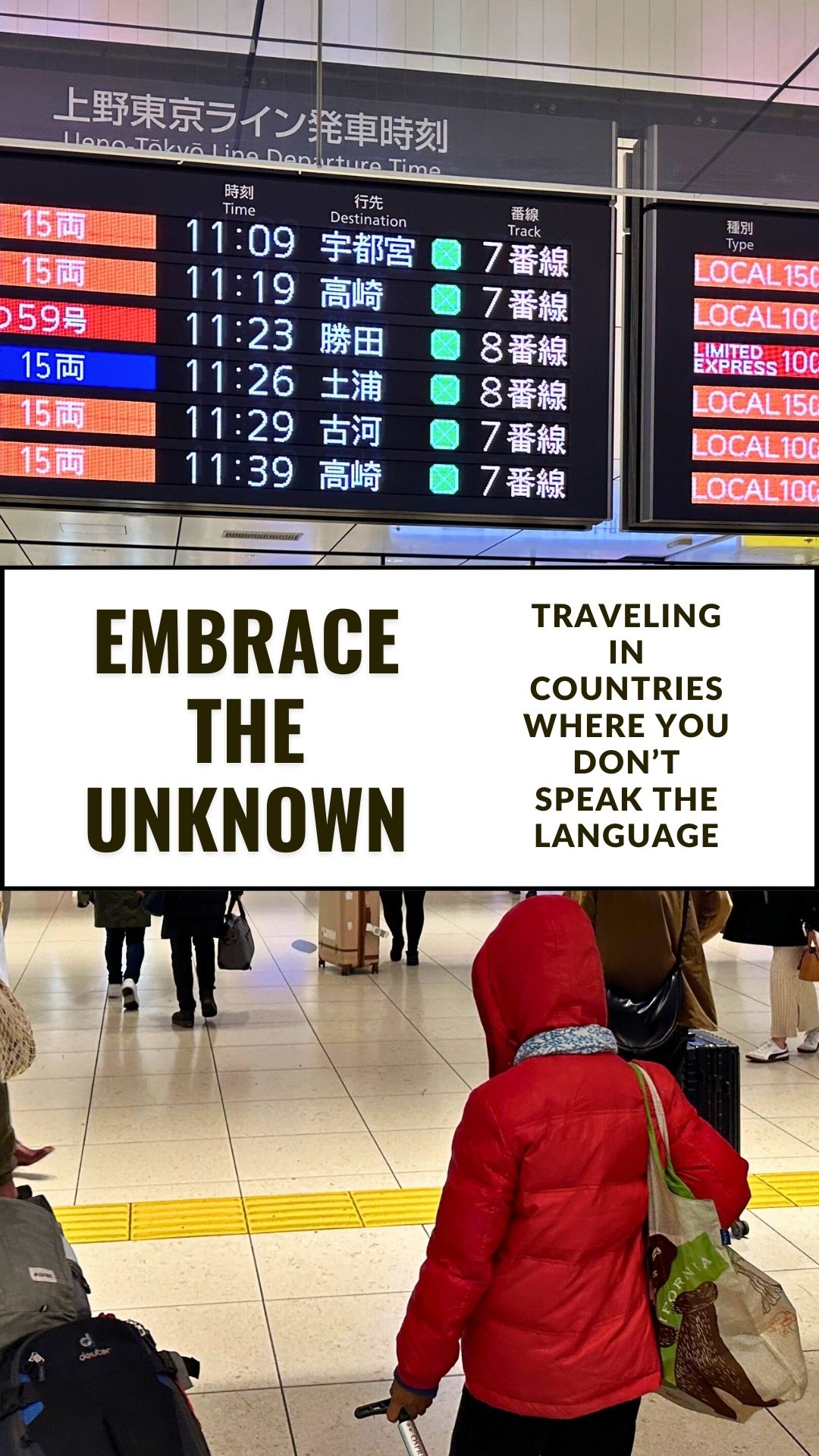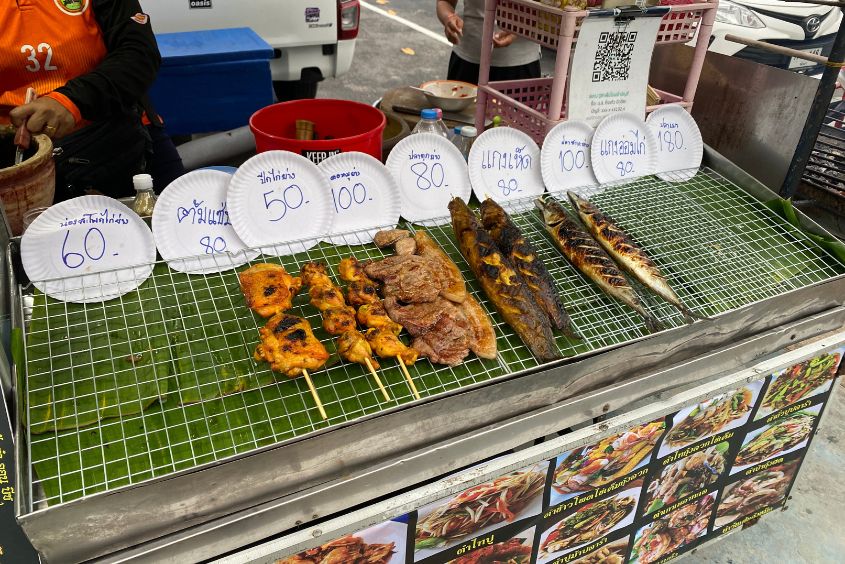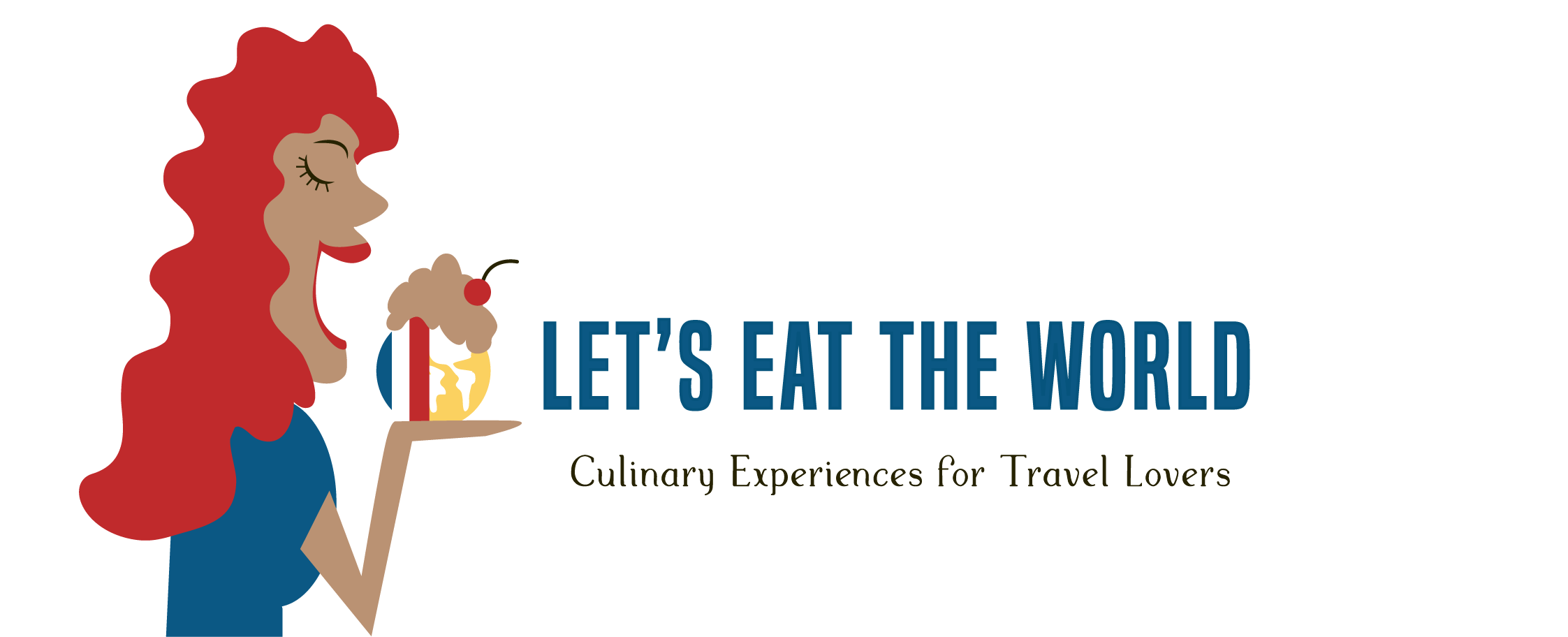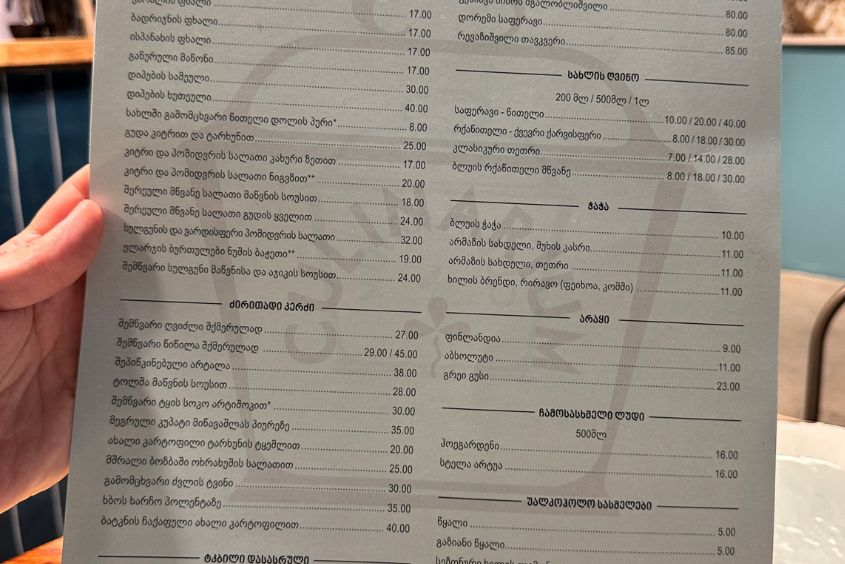
Embracing the Unknown: Traveling in Countries Where You Don’t Speak the Language
Traveling in countries where you don’t speak the language might sound like a daunting endeavor to some. Still, it’s a thrilling adventure that opens up a world of discovery, connection, and unexpected joy. I have done my fair share of traveling and admittedly with my love of languages and the number that I have either tried to learn in part or fully, I am maybe a little more armed for travel adventures to distant foreign lands but it was not always so.
Many years ago, Eric and I decided to journey to Southeast Asia and spend a month exploring mainly Thailand. But my journey began long before I set foot in Thailand armed with cassette tapes of Pimsleur’s comprehensive Thai. “Dichan pood paasaa Thai dai nit noi” (I, a woman, can speak a little Thai), I proudly declared, despite stumbling through the lessons. This was before I dove headfirst into the vibrant chaos and charm of Bangkok, a city that would teach me the true value of communication, no matter how basic.
Navigating Thailand: A Prelude to a World of Language Adventures
My adventure traveling in countries where you don’t speak the language started earnestly in Hong Kong and Thailand, where my attempts at Thai, though fledgling got me a mixture of smiles and bewilderment from locals. Despite the initial challenges, these experiences underscored a crucial lesson: the attempt to communicate in the local tongue, no matter how clumsy, is always appreciated – or can make for a good laugh at any rate. The takeaway is that people appreciate that you try to speak to them in their tongue. It is also a sign of respect (in my opinion).

This lesson was further cemented during my more recent travels through Japan. Armed with a few phrases and Google Translate, I navigated through cultural and linguistic barriers with a mix of excitement and apprehension. The encounters, sometimes funny, sometimes filled with a frantic exchange of translated text, were always illuminating.
The Universal Language of Food and Gestures
One of the most powerful tools in my arsenal, apart from a smattering of phrases in the local tongue, has always been food. The universal language of cuisine has a way of bridging the widest of language divides. Whether it’s pointing to a menu item in Bangkok or deciphering a street food vendor’s offerings in Osaka, food invites conversation, laughter, and learning.
In the spirit of culinary exploration, we’ve offered several interesting blogs to inspire your spirit of adventure: Learning Georgian, Surviving France: Bridging the Language Divide, and Mastering Common Italian Travel Phrases. Each post is a testament to the rich experiences and unforgettable moments that come from embracing the local language and cuisine.
Technology as a Bridge and a Barrier
As much as technology has aided in traveling in countries where you don’t speak the language, it also poses questions about the future of human interaction and learning. Translator earbuds and apps, while incredibly useful, often bypass the enriching process of language learning. The debate around these tools is nuanced, as discussed in external insights on the benefits of language learning for cognitive health and decision-making.
This technology certainly will help foster communication but I think that it can also hinder the organic learning process and the joy of deciphering a language bit by bit. In Japan, a heated yet humorous exchange involving rapid-fire Google Translate sessions with a local underscored the utility and limitations of relying on tech alone. I’m not sure we gained any further understanding about each other in that discussion but the point was made.
Tips for your next adventure when traveling to countries where you don’t speak the language
I am a visual learner and I look for patterns everywhere I look. A menu can be a great place to start noting patterns in language and picking up vocabulary. Recognizing certain symbols in language that use a different alphabet or writing than yours can be a fun game. Languages have similar patterns but I know that it can be daunting especially as we get older to think we can learn another language. Here are some of my tips to help you on your next travel adventure and hopefully, this will mean we’ll see you in Seville, Uzes & Paris, Parma, or even Georgia. The rewards will far outweigh the costs.
- Write Down Useful Phrases: Before your trip, jot down essential phrases and questions you think you’ll need. This could range from greetings, and directions, to specific needs like dietary restrictions. Carry this cheat sheet with you for easy access.
- Take Language Classes: Consider taking basic language classes, which are widely available online. Even a few sessions can make a significant difference in your ability to communicate basic ideas and understand responses.
- Watch YouTube Videos: There are countless YouTube channels dedicated to language learning, many of which are run by natives. These can be especially helpful for improving your pronunciation and understanding colloquial phrases.
- Use Language Learning Apps: Apps like Duolingo, Ling, and LingoDeer offer structured lessons in a wide range of languages. They’re great for learning on the go and can help you build a solid foundation in the basics of your destination’s language.
- Leverage Google Translate and Deepl: For on-the-spot translations, tools like Google Translate and Deepl can be lifesavers. They’re particularly useful for reading signs, and menus, and for basic conversations. Remember, while not always perfect, they can significantly aid in day-to-day interactions.
- Explore ChatGPT for Language Learning: ChatGPT can be a unique tool for practicing conversations in your target language. You can ask it to simulate basic interactions, provide translations, or explain grammar points in a conversational context.
- Embrace Technology Wisely: While technology is incredibly helpful, try to use it as a supplement rather than a crutch. Challenge yourself to interact using the language you’ve learned, and use tech tools for confirmation or when you’re truly stuck.
- Practice With Locals: There’s no better way to learn than by speaking with native speakers. Don’t be afraid to practice your new phrases with locals. Most people appreciate the effort, even if it’s not perfect, and it’s a great way to learn.
- Listen and Repeat: Immersion is key. Listen to the local language as much as possible—through music, TV shows, or simply by paying attention to conversations around you. Try to repeat what you hear to practice your pronunciation and fluency.
- Keep a Positive Attitude: Language barriers can lead to frustrating moments, but maintaining a positive attitude and a sense of humor about misunderstandings can turn those situations into fond memories and learning experiences.
Embracing Every Opportunity for Growth and Connection
My travels have taught me that the willingness to try, to stumble, and to laugh at oneself is invaluable. Whether it’s learning to say “how much is this?” in Thai and awaiting an answer I might not understand, or navigating the streets of Japan with a mix of enthusiasm and apprehension, every attempt at communication is a step toward deeper connection.
For those contemplating traveling in countries where you don’t speak the language, consider this: the beauty of travel lies not in seamless experiences but in the rich tapestry of interactions, misunderstandings, and shared laughter that language barriers can bring.
I invite you to explore further, not just through the destinations you visit but through the languages you encounter. Are you ready to embrace the unknown and discover the joys of traveling with an open heart and an eager mind? Would you consider a mini crash course in the language of your next destination? Share your thoughts and experiences in the comments below. I’ve love to know about your travel experiences.
As we navigate the world, let’s remember that while tools like translator earbuds offer convenience, they cannot replace the profound human connections forged through the shared effort of communication. Learning a new language, even just a few phrases, can enrich your travels immeasurably and open doors to authentic experiences that technology alone cannot provide.



